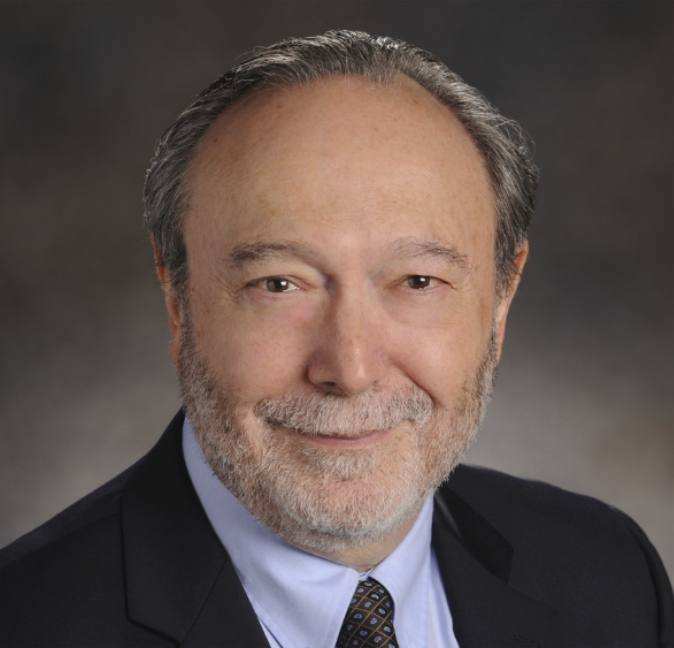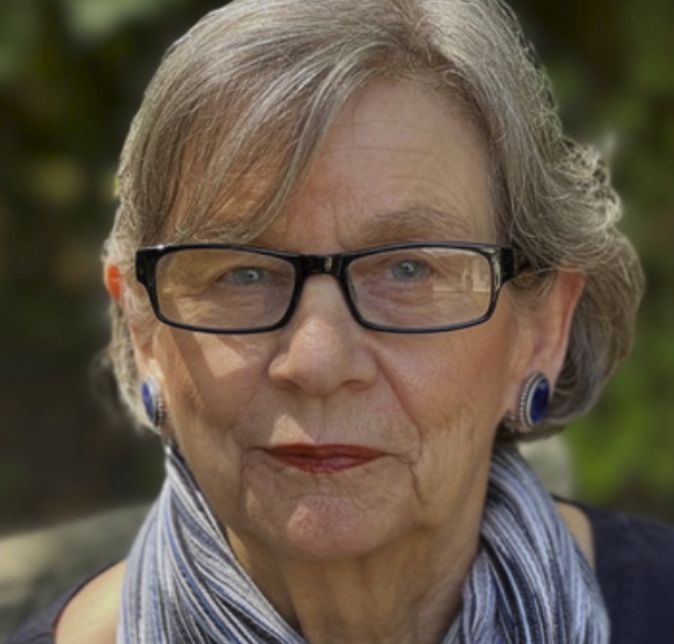Widening the Lens with Bowen Theory and Polyvagal Theory
Overview
What is going on in my brain and body when I interact in relationships? Can this neurophysiological understanding help me do better with myself and with others? Living Systems 2024 conference, “Reactivity and Relationships” aims to increase one’s understanding of how people function in relationships from the perspectives of Bowen theory and Polyvagal theory.

Conference Details
The day will begin with an interview with Dr. Stephen Porges and include an overview of the autonomic nervous system and its role in social behaviour and relationships. Victoria Harrison will present for the majority of the day on her decades of research on reactivity in relationships from a Bowen theory perspective, especially through the use of biofeedback and neurofeedback measures. The final presentation will be from Dixie Vandersluys who will present a tracking tool, including aspects of both theories, as a way to become aware of one’s specific markers of reactivity in daily life. The conference will conclude with a panel discussion and an opportunity for questions from the audience.
Date: Wednesday, April 17, 2024
Conference Agenda
8:45 am Welcome
9:00 am Interview with Dr. Porges and audience questions
10:45 am Victoria Harrison: Reactivity in Emotional Systems: Evolution and the Family
12:30 pm Lunch
1:15 pm Victoria Harrison: Research on Reactivity: Physiology and Family Systems
2:45 pm Dixie Vandersluys: Tracking Tool of Autonomic Awareness
3:30 pm Panel discussion
About the Presenters

Stephen W. Porges
Ph.D
Originator of Polyvagal theory, creator of a music-based intervention, the Safe and Sound ProtocolT™
Stephen is a Distinguished University Scientist at Indiana University where he is the founding director of the Traumatic Stress Research Consortium in the Kinsey Institute. He is Professor of Psychiatry at the University of North Carolina, and Professor Emeritus at both the University of Illinois at Chicago and the University of Maryland. He served as president of the Society for Psychophysiological Research and the Federation of Associations in Behavioural & Brain Sciences and is a former recipient of a National Institute of Mental Health Research Scientist Development Award. He is the originator of the Polyvagal Theory and the creator of the Safe and Sound Protocol™, a music-based intervention to improve spontaneous social engagement and state regulation. Dr. Porges is a founder of the Polyvagal Institute.

Victoria Harrison
MA, LMFT
Specializes in integrating biofeedback and neurofeedback with family systems psychotherapy
Victoria is a founding director of the Center for the Study of Natural Systems, where she serves as Director of the Board and provides programs based on Bowen theory in Houston, Texas. She integrates biofeedback and neurofeedback with family systems psychotherapy in her clinical practice and teaching. Ms. Harrison began studying Bowen theory at Georgetown University Family Center in 1976 and served on faculty at Bowen Center for the Study of the Family from 1992 to May 2023 when she resigned. The Bowen Center awarded her the Caskie Research Award in 2004 and 2015 for projects studying physiological reactivity and relationships. Besides many articles, she has authored The Family Diagram & Family Research and is working on her next book The Dance of Life in Nature and the Family.

Dixie Vandersluys
MA, CCC
Living Systems Graduate
Polyvagal Institute Graduate
Storybrook Therapy
Dixie is a third-year trainee in the Living Systems post-graduate program. In 2023, she was part of the first cohort of the Polyvagal Institute’s “Polyvagal Certificate Course.” She runs Storybrook Therapy, a private counselling practice in Minnedosa, Manitoba.
Who is the workshop for?
This workshop is suitable for individuals, clinicians, and practitioners interested in Bowen or Polyvagal theories. Also, anyone interested in a more scientific understanding of relationships.
Learning Objectives
- Understanding reactivity from the perspectives of Polyvagal theory and Bowen theory
- Examining the role that reactivity plays in relationships
- Providing practical tools to measure and track reactivity in relationship interactions